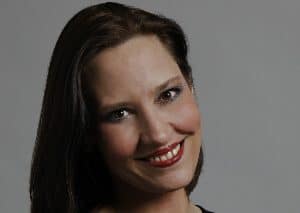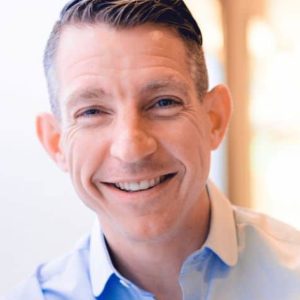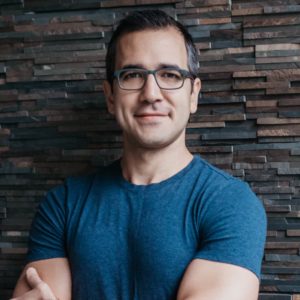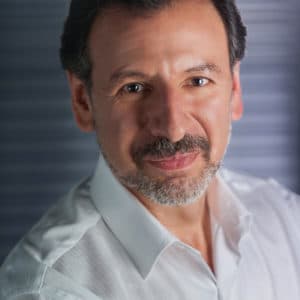06.11.2015 Interview with Dr. Christian Busch
How did innovation become your key topic?
I am excited about the idea of combining profit and purpose. We are in times of social and environmental constraints, networked organizational models, and changing needs and preferences of the millennial generation. There is the need for companies to combine the two to stay relevant, keep legitimacy, and attract the best talent. This requires innovation across the organization and its traditional boundaries.
For me, innovating structures, processes (and mindsets!) has become a way to help shape the world in a manner that propels companies and societies forward; some of our work on Impact Organizations has been on how to do this in financially sustainable ways. In the future this will not only be an option, but a necessity.
Can you provide 3 tips for a successful creation of innovation?
Innovation is not only about one-off creations, but also about facilitating the right environment. We work on ways to enable product- or service- innovation (workshops on methods such as design-thinking). However, what is much more interesting and relevant in the longer-run, that’s organizational- and systems- innovation. There are numerous ways on how companies can innovate across the organization, but three broader ones appear particularly relevant:
a) Facilitating an environment of trust by articulating a clear purpose (why are we here? why should people care?), genuine values (what do we really stand for?), and appropriate performance indicators and incentives (do we really measure what we preach?).
It’s about getting to the point where leaders understand that genuine values need to be openly addressed. For example, companies can make pledges that are directly related to certain values – pledges to openly do something or act in a certain way, ensuring companies really do “live” their values, instead of just having a statement on a homepage that no one believes in. Leaders have to do more than just talk – they have to act in a certain way. This will also shape corporate culture and accepted behaviors; Zappos has tried interesting things in this respect.
b) Developing innovation communities that allow combining top-down with bottom up approaches to innovation. These can be internal innovation communities, or communities that stretch across organizational boundaries: Building and Nurturing Communities for Positive Change. These can potentially ‘accelerate serendipity’ – making positive coincidences more likely to happen, leading to increased innovation: How (and why) ‘mobile societies’ accelerate serendipity.
c) Enhancing accountability and transparency via democratizing processes. This involves thinking about how the CEO and other leaders become as accountable towards their staff as the other way around. This could involve, for example, having Wiki pages that detail every week what they are doing – versus just giving a big speech once a month. It is important for leaders to make the team/staff feel that everyone is in it together – this is not about democratizing structures, but processes, to get people motivated and ready to care enough to share ideas openly.
Why is networking important in today’s business?
I feel people over-focus on ‘networking’, while what really matters in my view is building meaningful relationships. This is not only a good way to get things done given that a lot of work happens via informal rather than formal structures, but also to develop purpose. In the end, we are the people we spend the most time with. Some ideas on how to build meaningful relationships (and effective communities) we have presented here.
What do you personally gain from being a public speaker?
I think something that needs to be unlearned by incumbent leaders and taken on board by emerging leaders is the belief that it is a contradiction to do financially and socially well. What needs to be unlearned is the core assumption that companies are only there to make a profit. Being a part of articulating this, and supporting organizations in envisioning and implementing related measures, is a great motivation. Public speaking for me is an effective platform to engage with key decision-makers, and to inspire innovation.



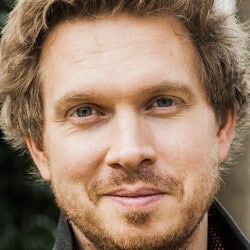
 USA
USA 